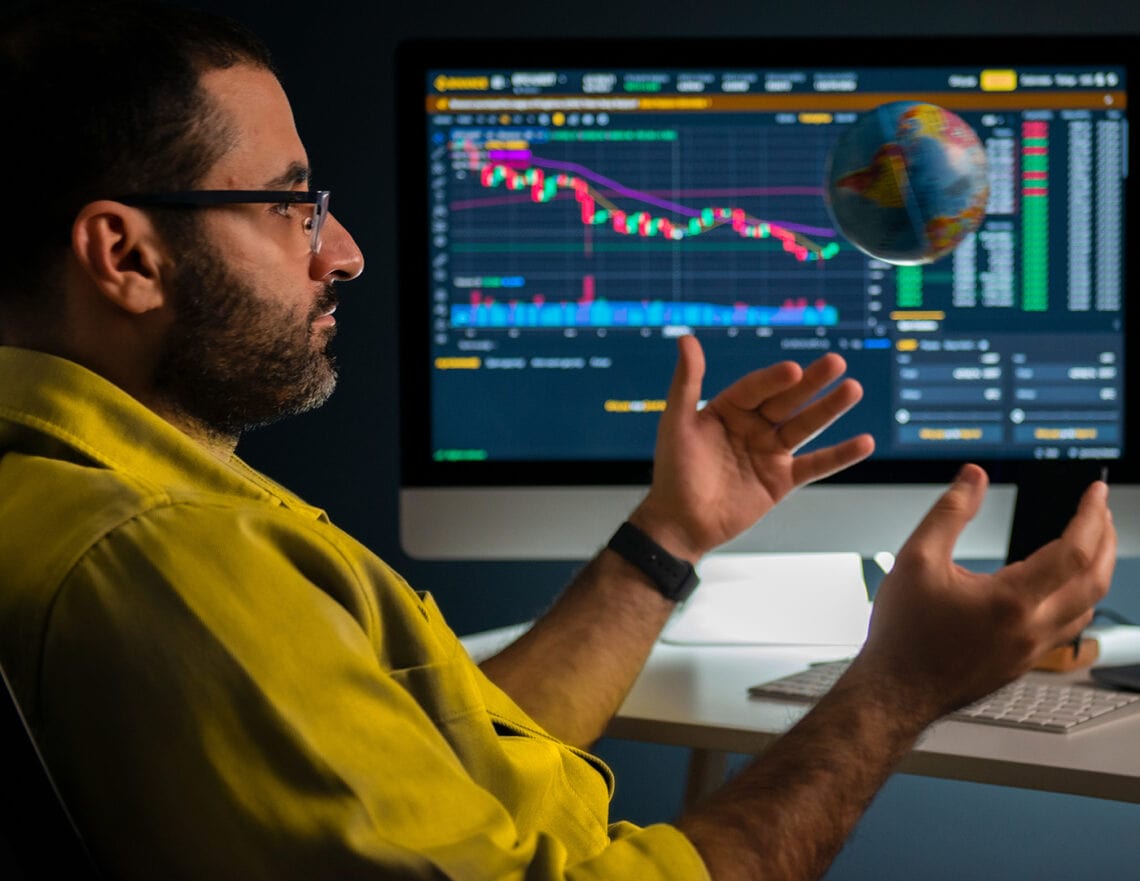
Rimini Street CEO provides global perspective to Brazilian executives
Businesses worldwide are pressing their IT departments to accelerate digital transformation, but few are providing sufficient funds to support those efforts. That was the message that Rimini Street CEO and Chairman, Seth Ravin, delivered to executives in Brazil recently as he explained how they can fund needed innovation.
Ravin said to the Brazilian execs, “You have different challenges in some areas, but your priorities match up with the rest of the world.” Those priorities are cybersecurity, business intelligence – data analytics, cloud integration, and digital business information.
The goal behind these priorities is to support business growth. “If you don’t have growth, you are not going to get where you need to be; you are not going to be competitively advantaged; and you are not going to drive profits,” he explained.
Organizations share common needs in four key areas, Ravin said:
- Maximizing return on investment by extracting more value while reducing costs
- Agility and speed to anticipate where customers and markets are going and to shift quickly to compete and win
- Delivering exceptional customer experiences
- The challenges and costs of security, privacy, and compliance
To address those needs, IT organizations should evaluate their current application portfolio and determine what to optimize, what to evolve, and what to transform to meet future business needs. “If you don’t prioritize, you cannot do it all and you will dilute your success,” Ravin advised.
Freeing up IT budgets to fund innovation
Many IT organizations are being directed by executive management to implement transformation without additional funding. That’s a big problem.
“When you talk about the operating budget for most IT organizations, 90% of that budget is spent on activities such as daily operations, maintenance contracts, mandatory upgrades, mandatory migrations,” Ravin said. “Generally leaving 10% for innovation. The truth is 10% is simply not enough.”
The only way to respond to that challenge, he added, is to cut operating costs. Rimini Street is working with clients to drive that 90% allocation down to about 60%, freeing up as much as 40% of budgets to fund innovation initiatives.
Ravin said that one Rimini Street customer, a major U.S.-based mobile services company, was paying $40 million a year in annual maintenance fees for the platform supporting its billing systems. Pressure to migrate to a next-generation platform was estimated to cost $2 billion and five years of effort. But all that effort and cost would provide no innovation and no benefit for their customers.
“They rejected the concept, instead choosing to spend the money on things that matter, like 5G infrastructure . . . where they got more value,” he added. Many businesses, he said, are choosing to build innovation around the edges of existing core ERP systems that “are good for another 15 to 20 years easily.”
Global forces confound predictability
The long-awaited recovery from the COVID-19 pandemic, Ravin noted, has been blunted by new global forces such as the war in Ukraine and the conflicts between China and the U.S. Supply chain issues continue to confound many companies with an inability to actively predict sourcing and delivery, but customers are demanding hyper-delivery and hyper-responsiveness.
“Technology is the answer and solution to many of these challenges – almost all of them – but IT is a constrained resource,” Ravin said. He urged IT organizations to focus on getting the right talent and to create an IT roadmap that aligns with the business vision.
The roadmap must incorporate greater automation to adapt to rising labor costs and composable ERP systems that are built around integrated best-of-breed solutions. Many businesses are scrambling and competing to find IT integrators and architects who can make that happen. “Without [a] chief architect to talk about how all those systems are going to come together, you could have a real mess on your hands,” Ravin cautioned.
No company can ignore global trends, he warned: “The world is changing constantly. And there will be a group of companies and even government agencies that find a way to move through this. And there will be those who will no longer be with us because the truth is . . . you are growing, or you are dying as an organization.” Click below to watch the full presentation.
You may also like:
- Read: Cure Your ERP Headaches
- Watch: Introducing Rimini Protect™
- Solution: Rimini Consult™
Looking for thought-provoking, educational content? Check out Street Wise, your one-stop shop for authoritative articles, interviews, blogs, and more from industry leaders on today’s hottest topics.
